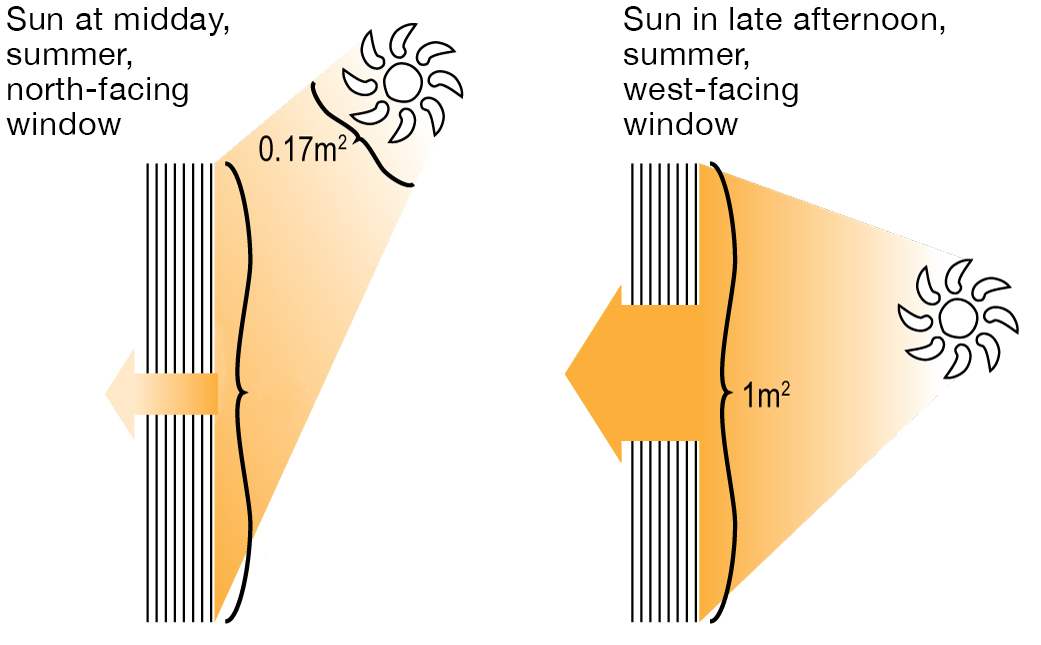All Categories
Featured
Table of Contents
Window Glazing For Households - Energy in Eden Hill Western Australia
That window can transmit more solar heat in winter season than in summertime. A west-facing window on a summer season's afternoon has an angle of incidence from near 0 as much as 30 with a big efficient area of solar radiation. A north-facing window, in summertime, has a high angle of occurrence and a low effective location of solar radiation, so can transmit less heat than a west-facing one.

But you can quickly and easily enhance the thermal performance of your house by replacing your windows. This is one of the most reliable methods of restoration to achieve improved thermal convenience. There are thousands of kinds of glass and frames to select from. Picking the right ones is crucial to enhancing the energy performance of your house.
Double Glazing in Champion Perth
Single glazing with clear glass is not really effective when it comes to heat loss or gain. To improve performance, you can use single glazing with a more energy-efficient type of glass such as low emissivity (low-e) glass.
Multiple layers can be assembled with sealed cavities between each sheet of glass. IGUs usually offer better energy performance than single glazing, since they transmit less energy. The energy efficiency of IGUs also depends on: the residential or commercial properties of each layer of glass. Various glass types (for instance, clear and low-e glass) can be assembled in an IGU.
Why Double Glazing Keeps Your Home Cooler In Summer? in Kelmscott Perth

IGU cavities can be filled with air or a more inert, low-conductivity gas such as argon the width of the cavity. Cavity density is typically 6 to 18mm. Larger cavities offer lower (much better) U worths, with 12mm generally accepted as the favored gap how well the cavity is sealed. Cavities should be dry and well sealed to avoid wetness getting in.
If argon is set up to the cavity in location of air, moisture is reliably left out the level of desiccant (drying representative). The spacer (metal or polymer strip) that separates the glass layers includes a desiccant to soak up any wetness. Inadequate desiccant might trigger moisture to condense on the glass surface area in cold conditions, minimizing thermal efficiency.
Faq in Jolimont WA
In reality, IGUs can provide better energy efficiency for all climates, specifically in heated and air-conditioned houses. Cross-section information of single, double and triple-glazing units Low emissivity glass (frequently known as low-e glass) reduces heat transfer. Low-e glass might be either high or low transmission: High transmission low-e glass has a coating that permits daylight from the sun to enter your home to accomplish good solar heat gain, but decreases the quantity of the long wavelength infrared heat that can leave back through the window.
Low-e glass has either a pyrolytic finishing or a vacuum-deposited thin film metal coating. Pyrolytic coverings are resilient and can be utilized for any glazing; vacuum-deposited finishings are soft and are just used within IGUs. Low-e coatings can substantially improve both U value and SHGC; however, they must be utilized correctly or they will either deteriorate or stop working to carry out as needed.
How Double Glazing Can Help Keep Your Home Cool In ... in Girrawheen WA
Low-e finishings can be utilized in mix with clear, toned or reflective glass. Low-e coverings on glazing can reduce heat transfer where required Picture: Department of Industry, Science, Energy and Resources Toned glass has actually colouring ingredients included during manufacture. It is offered in numerous colours, generally bronze, grey, blue and green.
Table of Contents
Latest Posts
Benefits Of Double Glazing Low-e in Applecross Western Australia
Double Glazing Windows - Prices And Installers Near You in East Fremantle Perth
Triple Glazing & Triple Glazed Windows - Hampshire in Innaloo WA
More
Latest Posts
Benefits Of Double Glazing Low-e in Applecross Western Australia
Double Glazing Windows - Prices And Installers Near You in East Fremantle Perth
Triple Glazing & Triple Glazed Windows - Hampshire in Innaloo WA